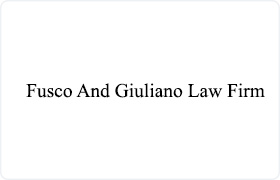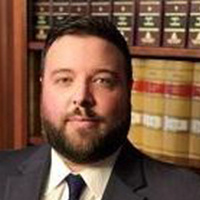 Colebrook Felony Lawyers, Connecticut
Colebrook Felony Lawyers, Connecticut
Sponsored Law Firm
-
 x
x

Click For More Info:
-
Fusco And Giuliano Law Firm
39 Russ Street Hartford, CT 06106» view mapCriminal Defense Law Working Relentlessly For You
Fusco And Giuliano Law Firm serves clients in Hartford, CT and the surrounding areas.
800-731-1370
Not enough matches for Colebrook Felony lawyer.
Below are all Colebrook Criminal lawyers.
Sponsored Lawyers
1-10 of 12 matches
Divorce & Family Law, Criminal, Personal Injury, Wills & Probate, Real Estate
Attorney Levy earned his B.A. from the State University of New York at Buffalo, and his J.D. from Antioch School of Law. He was admitted to the Connecticut Bar in 1984 and the U.S. District Court, District of Connecticut in 1985. Attorney Levy is a member of the Litchfield County Bar Association, Connecticut Bar Association, the American Bar Association (Family Law Section) and the American Association for Justice. An author of articles on various aspects of family law, Attorney Levy's work has been published in the Connecticut Family Law Journal and the American Bar Association's Family Advocate. Attorney Levy has participated as a Special Master in the Litchfield, Waterbury and Hartford Judicial Districts as well as the Regional Family Trial Docket in Middletown, Connecticut. Attorney Levy has been responsible for the operation of the Special Masters Pretrial Program in the Litchfield Judicial District since 2005. Attorney Levy has been in private practice since 1984, and his areas of practice include Family Law, Civil Litigation, Residential Real Estate Transactions, Personal Injury and Probate Matters.
(more)Criminal, Workers' Compensation, Personal Injury, Divorce & Family Law, Wills & Probate
Robert A. Salerno attended Law School and received a B.S. from High Point University in 2005 and his Juris Doctor in 2009 from Touro Law Center. He was admitted to the Connecticut Bar in 2009 and was a Temporary Assistant Clerk working closely with judges in the Waterbury Judicial District for two and a half years before joining The Law Offices of Conti & Levy. He is a member of the American Bar Association, Connecticut Bar Association; Criminal Law and Young Lawyers Section. He is also the Court Liaison for the Connecticut Criminal Defense League Association for Litchfield County as well as Co-Chair of the Criminal Law Society for the Litchfield County Bar Association. Attorney Salerno was active in the Student Bar Association during his studies at Touro Law Center and received multiple awards, including Exemplary Contributions to the Quality of Student life, Exceptional Contribution to the Growth of the Law Center, and Exceptional Service to the Public and Community. He was also a founding member of the Criminal Law Society and the Student Bar Association's Vice President in his last year of school.
(more)


 Carmine Giuliano Hartford, CT
Carmine Giuliano Hartford, CT AboutFusco And Giuliano Law Firm
AboutFusco And Giuliano Law Firm Practice AreasExpertise
Practice AreasExpertise


